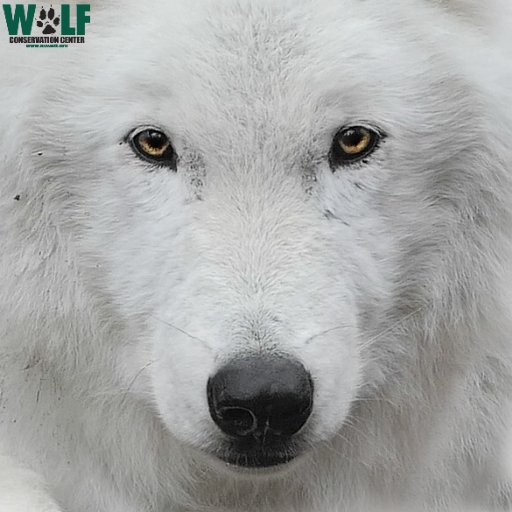Description

Wolves are highly social animals and live in packs. Worldwide, pack size will depend on the size and abundance of prey. In Yellowstone, average pack size is 10 individuals. The pack is a complex social family, with older members (often the alpha male and alpha female) and subordinates, each having individual personality traits and roles within the pack. Packs defend their territory from other, invading packs by howling and scent-marking with urine. Research in Yellowstone since reintroduction has highlighted the adaptive value of social living in wolves – from cooperative care of offspring, group hunting of large prey, defense of territory and prey carcasses, and even survival benefits to infirmed individuals.
Wolves Twitter Fc

Proposition 114 would direct Colorado Parks and Wildlife to reintroduce gray wolves to the Western Slope by the end of 2023. A simple majority vote is required for the proposition to pass. Anthony Edwards dunks all over Yuta Watanabe, sets NBA Twitter on fire in Wolves’ loss to Raptors: “World War 2 ended the last time Japan suffered such a brutality” Amulya Shekhar.

Wolves consume a wide variety of prey, large and small. They efficiently hunt large prey that other predators cannot usually kill. In Yellowstone, 90% of their winter prey is elk; 10–15% of their summer prey is deer. They also kill bison.
Washington Red Wolves Twitter
Many other animals benefit from wolf kills. For example, when wolves kill an elk, ravens and magpies arrive almost immediately. Coyotes arrive soon after, waiting nearby until the wolves are sated. Bears will attempt to chase the wolves away, and are usually successful. Many other animals—from eagles to invertebrates—consume the remains.
Warrington Wolves Twitter
Since reintroduction, genetic studies have evaluated Yellowstone wolves’ genetic health, kinship within and between packs, connectivity with other Northern Rocky mountain populations, and even genes linked to physical and behavioral traits. One fascinating discovery involves coat color. About half of wolves in Yellowstone are dark black in color, with the other half mostly gray coats. The presence of black coats was due to a single gene (a beta defensin gene termed CBD103 or the K-locus), with all black coated individuals carrying a mutation linked to this coat color - a mutation believed to have originated in domestic dogs of the Old World. The origin of the K-locus in wolves likely came from hybridization between dogs and wolves in northwest North America within the last 7,000 years as early humans brought domestic dogs across the Bering Land Bridge. In Yellowstone, this discovery set the stage for studies that explored the link between coat color, reproduction, survival, and behavior. It was found that the K-locus gene is involved in immune function in addition to causing black coat color, suggesting an additional role in pathogen defense. For example, black wolves have greater survivorship during distemper outbreaks. Another study found gray wolves to be more aggressive than black colored wolves during territorial conflict, as well as have higher reproductive success. During breeding season, there is also greater mate choice between opposite color male and female pairs compared to same colored pairs. Together, these data suggest fitness trade-offs between gray and black coat color, evidence for the maintenance of the black coat color in the population.
